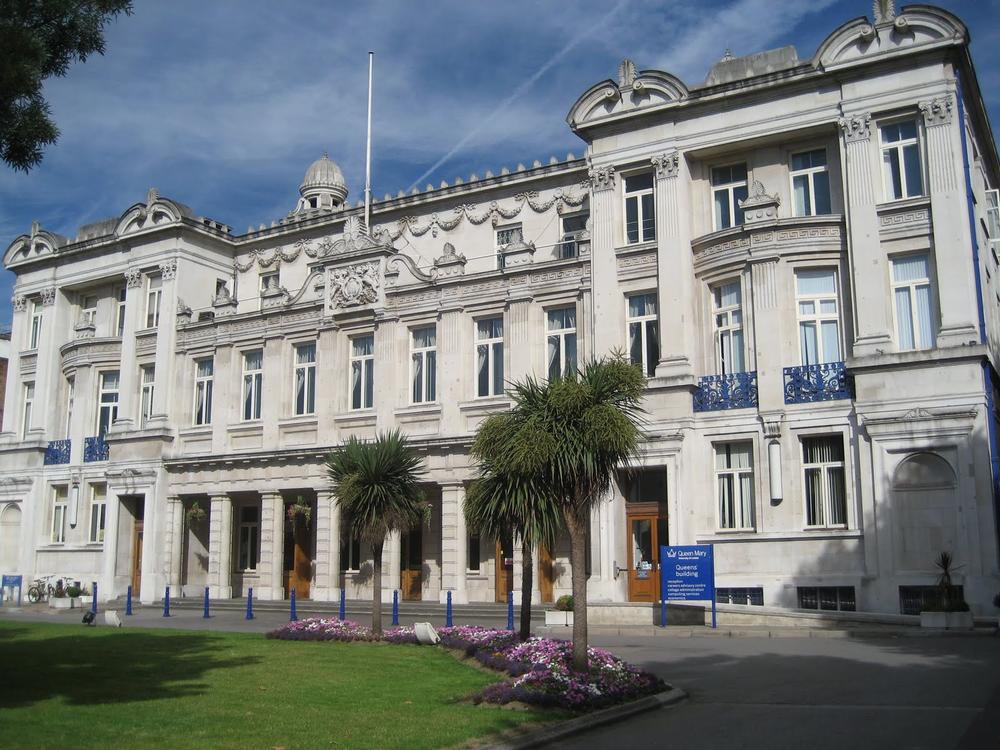This will be a talk for the Theory Seminar for the theory research group in Theoretical Computer Science at Queen Mary University of London. The talk will be held 4 June 2019 1:00 pm, ITL first floor.

Abstract. Curious, often paradoxical instances of self-reference inhabit deep parts of computability theory, from the intriguing Quine programs and Ouroboros programs to more profound features of the Gödel phenomenon. In this talk, I shall give an elementary account of the universal algorithm, showing how the capacity for self-reference in arithmetic gives rise to a Turing machine program $e$, which provably enumerates a finite set of numbers, but which can in principle enumerate any finite set of numbers, when it is run in a suitable model of arithmetic. In this sense, every function becomes computable, computed all by the same universal program, if only it is run in the right world. Furthermore, the universal algorithm can successively enumerate any desired extension of the sequence, when run in a suitable top-extension of the universe. An analogous result holds in set theory, where Woodin and I have provided a universal locally definable finite set, which can in principle be any finite set, in the right universe, and which can furthermore be successively extended to become any desired finite superset of that set in a suitable top-extension of that universe.
